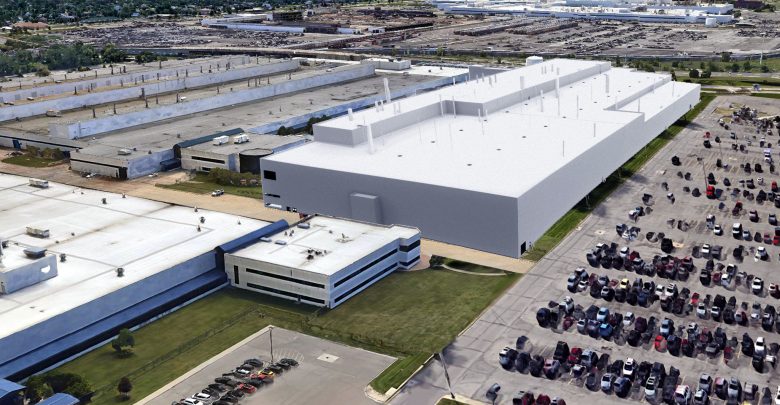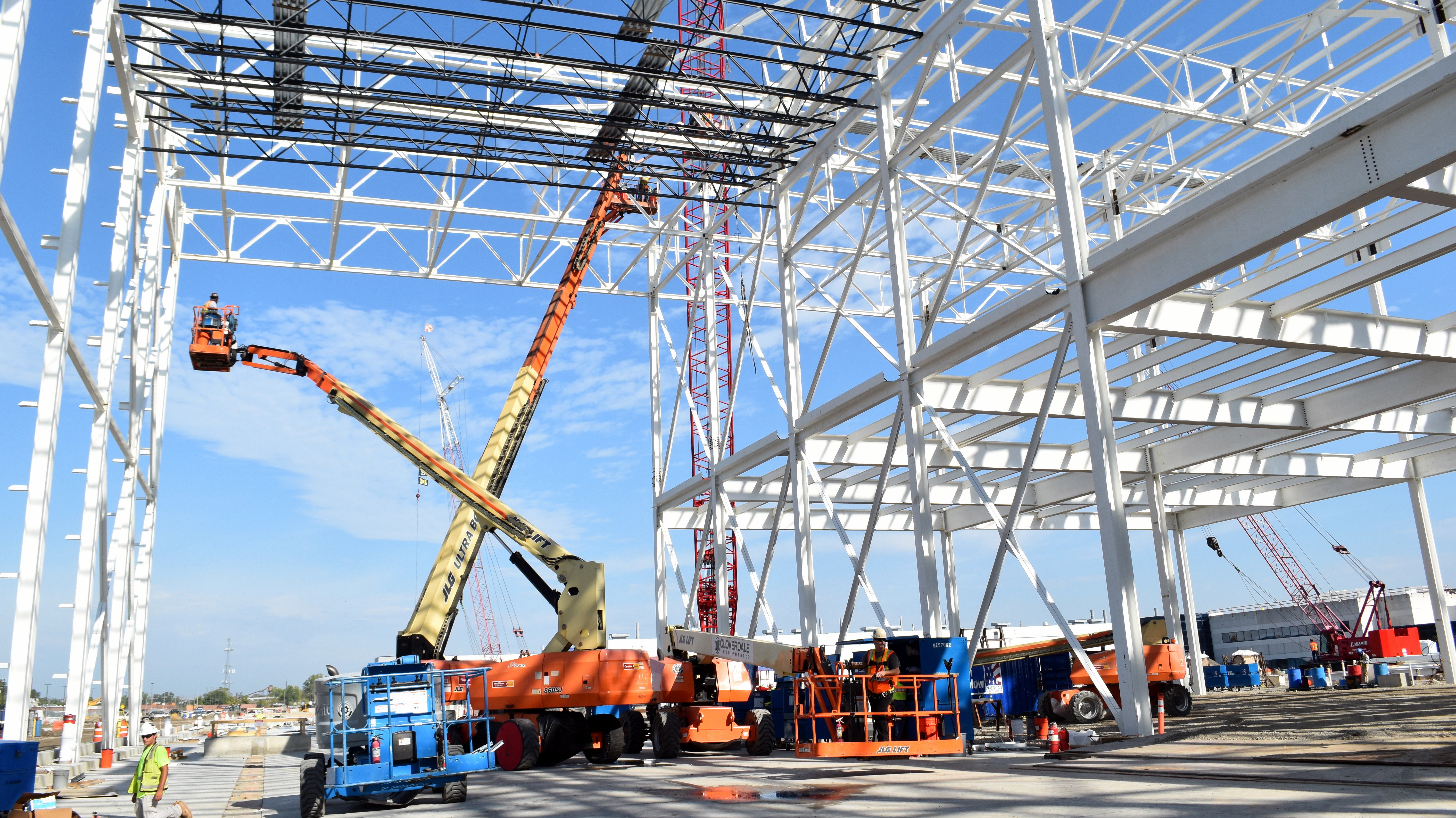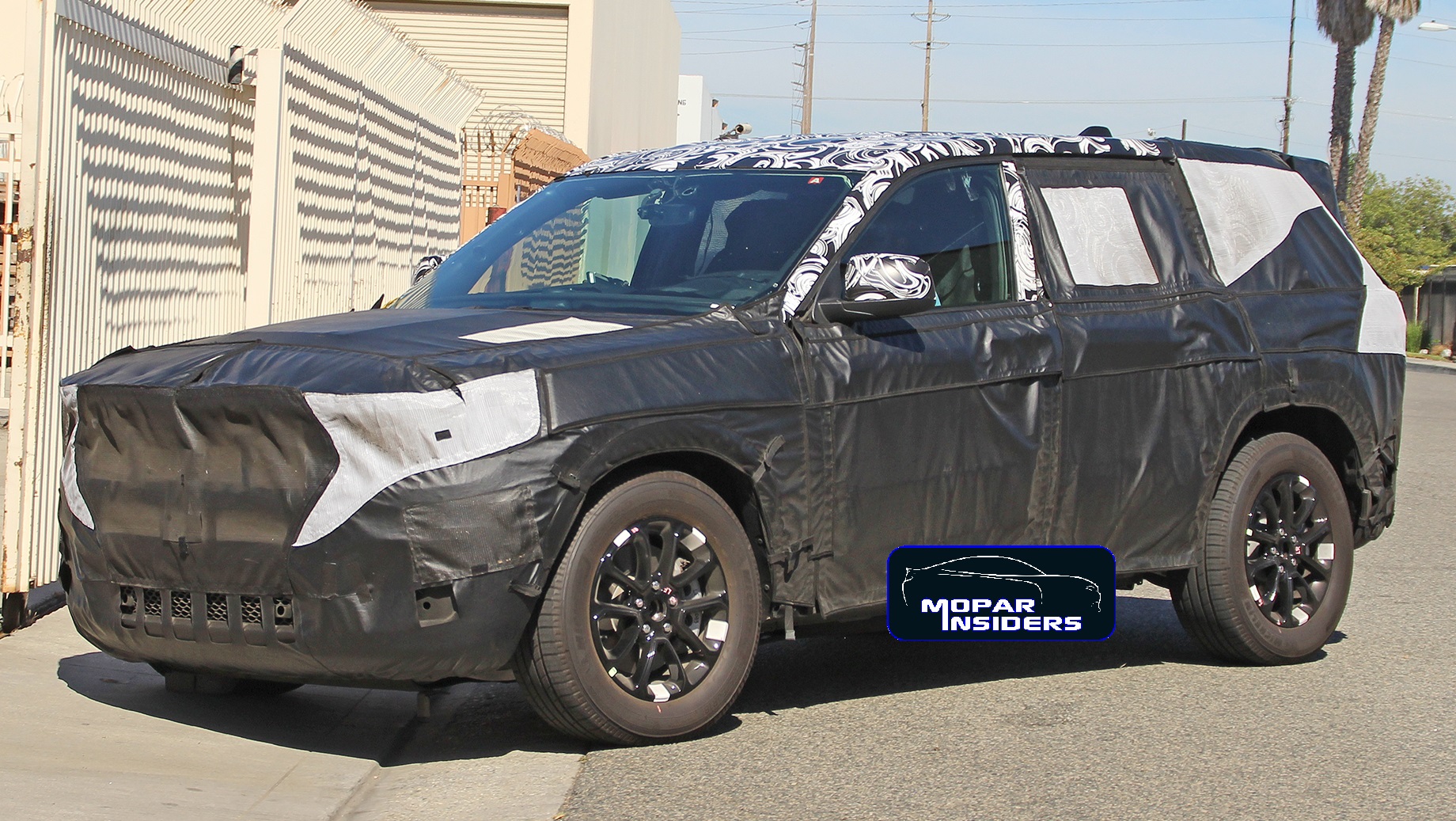New Mack Avenue Assembly Plant Will Have Lowest Emissions Rates:
Environmental Responsibility Initiatives Extend Beyond FCA & Into The Neighborhood...

Over the past year, we have talked a lot about the new assembly plant that Fiat Chrysler Automobiles (FCA) is developing from its grounds at the former Mack Avenue Engine Plant. The project to build the most modern assembly plant in North America is key to the Company’s most important global brand. The new Mack Avenue Assembly Plant (MAAP) will be the home to the next-generation Jeep® Grand Cherokee, a new three-row variant of the Grand Cherokee, and their electric counterparts.

FCA has now released some update details about the new assembly plant, located on the east side of Detroit. According to the FCA, the MAAP will be the Company’s most efficient and sustainable manufacturing operations in North America. FCA has partnered with organizations and community leaders to hear their concerns and help create positive ways to better the local area’s environmental needs in the community.
“Following numerous public and private discussions with residents, especially those nearest the facility, we’re proud to share our environmental plans and the future of FCA manufacturing in Detroit,” said Mark Stewart, Chief Operating Officer, FCA – North America. “We’re honored the residents of the city support us, and know that every step of the way, we need to prove that we follow through on our commitments and will be good neighbors long into our collective future.”

FCA has announced that it will begin creating several new environmental projects in the surrounding community of the MAAP, over the next three years. The projects include…
- Construct and install stormwater park to control runoff; the park will be available for use by the neighborhood and include a walking path surrounded by native vegetation, pollinator gardens and educational pavilion
- Install vegetative buffers and bioswales to further minimize stormwater runoff; bioswales are vegetated areas that naturally filter and slow stormwater runoff to help reduce the impact stormwater can have on a municipal system
- Help transform vacant lots into green spaces where once-blighted homes stood with trees, shrubs, and gardens working with community organizations, such as the Chandler Park Neighborhood Association and the Canfield Alliance Network
- Help revive urban tree canopy by planting more than 1,000 new trees onsite and within the immediate neighborhood
- Partner with the Wildlife Habitat Council to create and support thriving urban biodiversity, pollinator habitats, and on-campus conservation projects
- Host ongoing programs with local schools to build awareness and educate young students on the benefits of environmental stewardship
- Install solar-powered bus stop shelters together with the Detroit Department of Transportation, providing residents a well-lit location and available mobile device charging stations
- Host informative event on the benefits of rain barrel capture of stormwater and provide rain barrels to interested residents
The new environmental efforts cover six priority areas that are a concern for local residents. Those areas include improving landscape aesthetics, enhancing air quality, provide educational opportunities, support pride in the community, manage the stormwater impact, and support pollinators and wildlife habitats.

“Our commitment to this city goes well beyond our facility,” said Stewart. “Our future lies in the hearts and minds of the young people who grow and thrive in Detroit. Supporting their growth is especially important to me, which is why we will also be partnering with other local organizations to further enhance the neighborhood.”
When the plant is operational at the end of 2020, MAAP will operate using the latest advanced technologies and processes available in manufacturing…
- Hydrogen fuel cells to power the material handling fleet
- More than 30 electric vehicle charging stations
- Industry-leading water processing and recycling systems
- Benchmark energy efficiency practices, including planned LEED Certification of a paint shop
- 6,000 LED lamps inside and outside the facility
- Zero waste-to-landfill initiative
- Natural-gas-powered, Detroit-based semi-truck fleet to haul parts

Earlier this year, FCA completed a Community Benefits Agreement following their meetings with area residents. The Agreement entitles FCA and the City of Detroit to provide more than $35 million in support for the surrounding neighborhood for various improvements, housing, workforce development, training programs, and environmental initiatives. The Agreement also includes a $1.8 million commitment to help homeowners on the city’s eastside invest in and repair their homes.

FCA is investing $1.6 billion into the construction of the MAAP facility. The new plant will bring 4,950 new jobs to the city and be the first new assembly plant built in the City of Detroit in nearly 30 years. MAAP will also have the lowest VOC emissions rate in the United States, ensuring that it is a good neighbor to the community.





